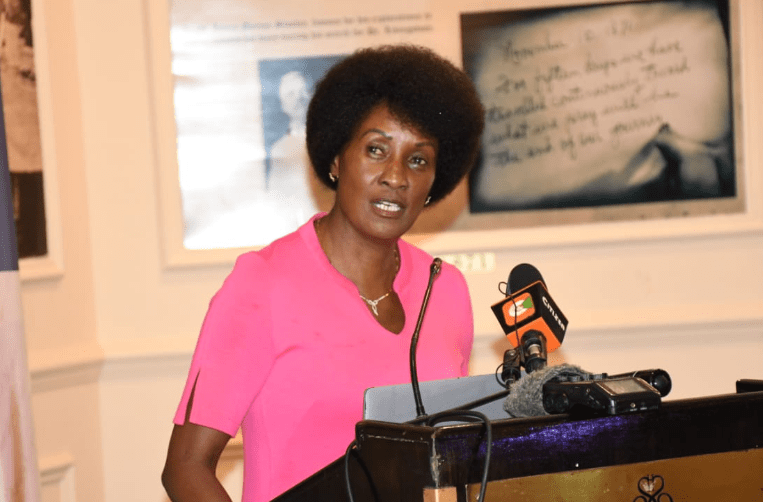How Ruto can avert crush by forces that lifted him

This past weekend, I had a candid and refreshing conversation with Anthony Kibagendi, my brother, best friend and a serving MP in Kenya’s 13th Parliament.
Our discussions, rooted in shared history and a mutual fascination with Kenya’s political evolution, turned to the nation’s current turbulence and intense outrage against the regime.
What stood out was Kibagendi’s sharp dissection of Ruto’s rise to power and how the very same pillars that catapulted him to State House – sympathy, ethnic bloc consolidation, church support, international goodwill, and the Hustler ideology – now threaten to undo his presidency.
These pillars formed a formidable political architecture. But today, under the weight of broken promises, miscalculations, and mounting public anger, the regime is coming down, crumbling.
President Ruto’s image as a persecuted Deputy President, isolated and betrayed by the very government he helped build, resonated across the nation.
He became the ultimate political underdog, a relatable figure in a country that often sidelines the ordinary citizen.
But sympathy, like political capital, is finite. You see, the President is no longer the outsider; he is the system.
With every act of crackdown on protesters, excesses by police, lavish displays of opulence by allies, or tone-deaf governance pronouncements, he drifts further from that sympathetic figure.
The people are now redirecting the same outrage that once worked in his favour against him
The second pillar was a masterstroke that rallied the Mt Kenya–Kalenjin axis behind a common cause.
Kenyan politics has always been underpinned by tribal alliances and ethnic mobilisation in what one professor once christened the tyranny of numbers.
This is a narrative that is bandied about based on tribal arithmetic to bandwagon people into what emerges as the illusion of an inevitable victory.
Ruto’s ingenious pivot was to anchor Mt Kenya and the Kalenjin nation axis as the clincher, and with the many hustlers who bought the hustler ideology outside this base of an axis, his juggernaut was unbeatable.
Through strategic alliances and massive grassroots mobilisation anchored on the hustler ideal, he convinced Mt Kenya voters that he was their safest bet post-Uhuru, positioning himself as a custodian of their economic interests.
The results in Central Kenya were staggering, a near-total sweep in a region once hostile to him.
But now, the same ethnic bloc that backed him with overwhelming numbers is gone and openly showing signs of defiance.
Former allies from Mt Kenya have grown bold in their dissent, and the generational shift is breaking ethnic loyalty chains.
But the clincher definitely was the impeachment of Riggy G and the consequent elevation of a mismatch in his place.
To save these pillars from crushing this regime, the Ruto administration must urgently return to the basics: rebuild public trust, empower inclusive governance, respect civic freedoms, and reimagine its relationship with the people.
Because a presidency born of populism must never forget the people unless it wants to be brought down by populism turned resentment.
The writer is a media studies researcher













